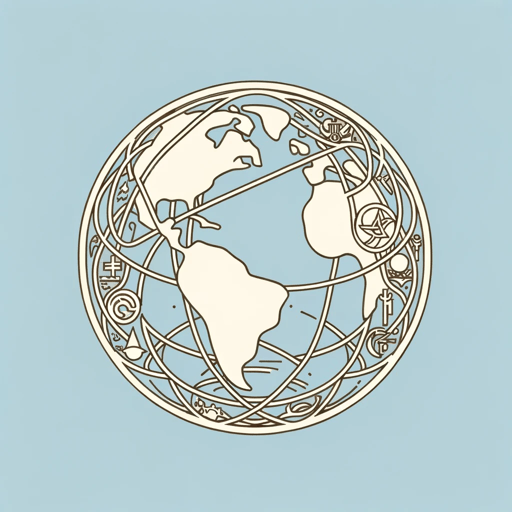54 pages • 1 hour read
Robin KelleyFreedom Dreams: The Black Radical Imagination
Nonfiction | Book | Adult | Published in 2002A modern alternative to SparkNotes and CliffsNotes, SuperSummary offers high-quality Study Guides with detailed chapter summaries and analysis of major themes, characters, and more.
Background
Ideological Context: Marxism
Robin D. G. Kelley describes himself as a “Marxist surrealist feminist who is not just anti- something but pro-emancipation, pro-liberation” (Ray, Elaine. “Profile of Robin D.G. Kelley.” Stanford Report, 29 July 1998). As a student, he was involved in the All-African People’s Revolutionary Party and the Communist Workers Party. Freedom Dreams is written from this ideological perspective.
Marxism is a political theory that history and society are defined by the struggle of the poor and working-class against the upper-class. What is known as doctrinaire Marxism is primarily concerned with materialism, or concrete, real things, such as the conditions of workers or the way that objects for the market are made. Kelley takes a slightly different approach to Marxism. While he sees material concerns as important, he also seeks to incorporate the way that immaterial elements, such as art, poetry, love, and imagination, animate class struggle. For this reason, he emphasizes the role of surrealism—an artistic style characterized by the absurd, the intangible, and the unreal—in radical movements.
While communists or radical socialists hold many different views, as described in the text, they have core shared beliefs, namely that workers should own the means of production, government should work for the common good, and all people should be equal, without hierarchy.

